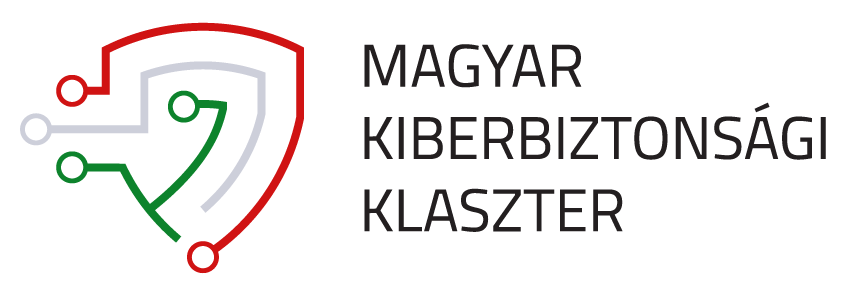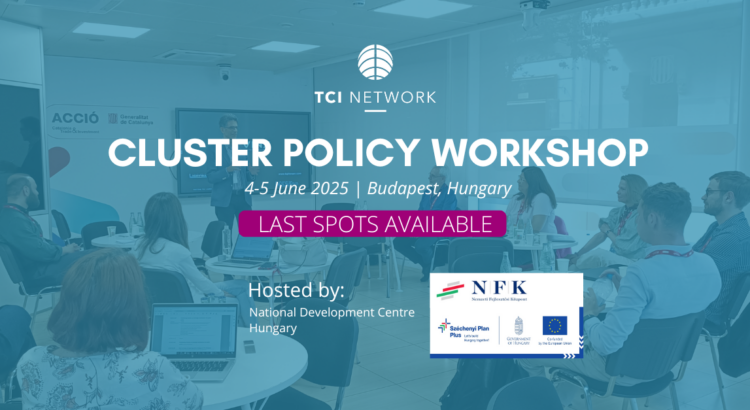The Cluster Policy Workshop, a professional, interactive event on cluster policy, was held at the Mercure Hotel Korona in Budapest on 4-5 June 2025, with the aim of exploring the future of cluster policy and the transformative power of clusters in light of the green and digital transitions, as well as the development of future labor market skills. The event was organized by TCI Network and the National Development Center (NFK). The Hungarian Cybersecurity Cluster was represented at the event by ACPM IT Zrt.
The central idea of the event was that clusters, long the engines of economic growth, have an even more important role today: they need to be at the forefront of interconnected, innovative ecosystems that support collaboration, promote technological transformation and develop the skills of the labor market of the future. However, this requires renewing cluster policies and aligning them with broader economic and social goals. The workshop aimed to explore new approaches and smart policy solutions that can make clusters engines of economic and social transformation.
The workshop was organized around four main thematic focuses, combining interactive presentations, panel discussions, and group work:
- The transformative power of cluster policies: Participants discussed how cluster policies can be aligned with the green and digital transitions and the development of skills for the future.
- Clusters as engines of transformation: In interactive group work, participants examined how clusters can drive change at the company and regional level, especially in the context of digitalization, green growth and skills development.
- Overcoming challenges in ambitious transition policies: The second day focused on identifying and understanding key policy challenges affecting cluster development and support. It discussed policies supporting intercluster cooperation, the role of governments, agencies and cluster organizations, and artificial intelligence (AI) in supporting cluster policy and monitoring its impact.
- Overcoming challenges in strengthening cluster organizations: This session focused on key challenges facing cluster organizations, such as building sustainable and accredited cluster organizations and engaging stakeholders.
The event provided an excellent opportunity for representatives of state institutions and ministries managing cluster programs or developing cluster policies, practitioners active in cluster development, and academic researchers working on clusters to learn about fresh international ideas and case studies, exchange experiences with policymakers from other countries, and think together about future cluster policies.

